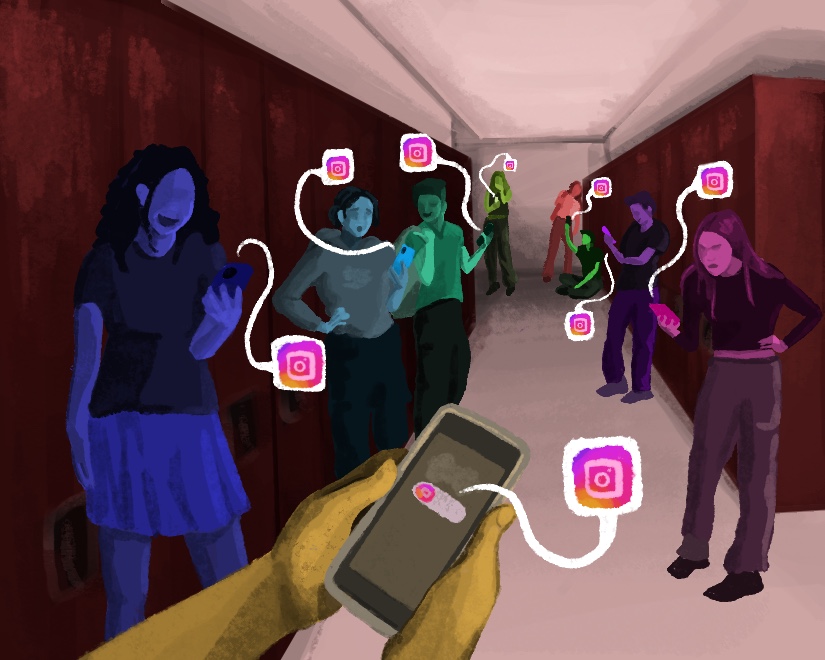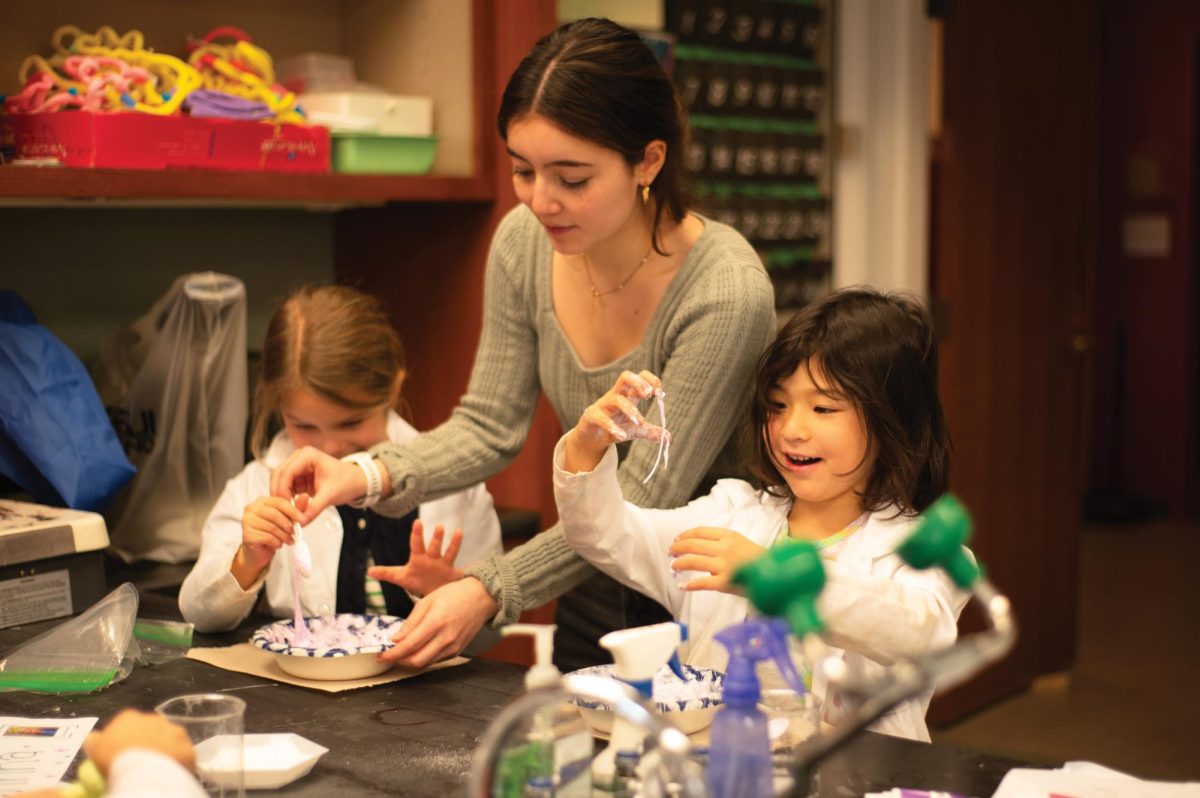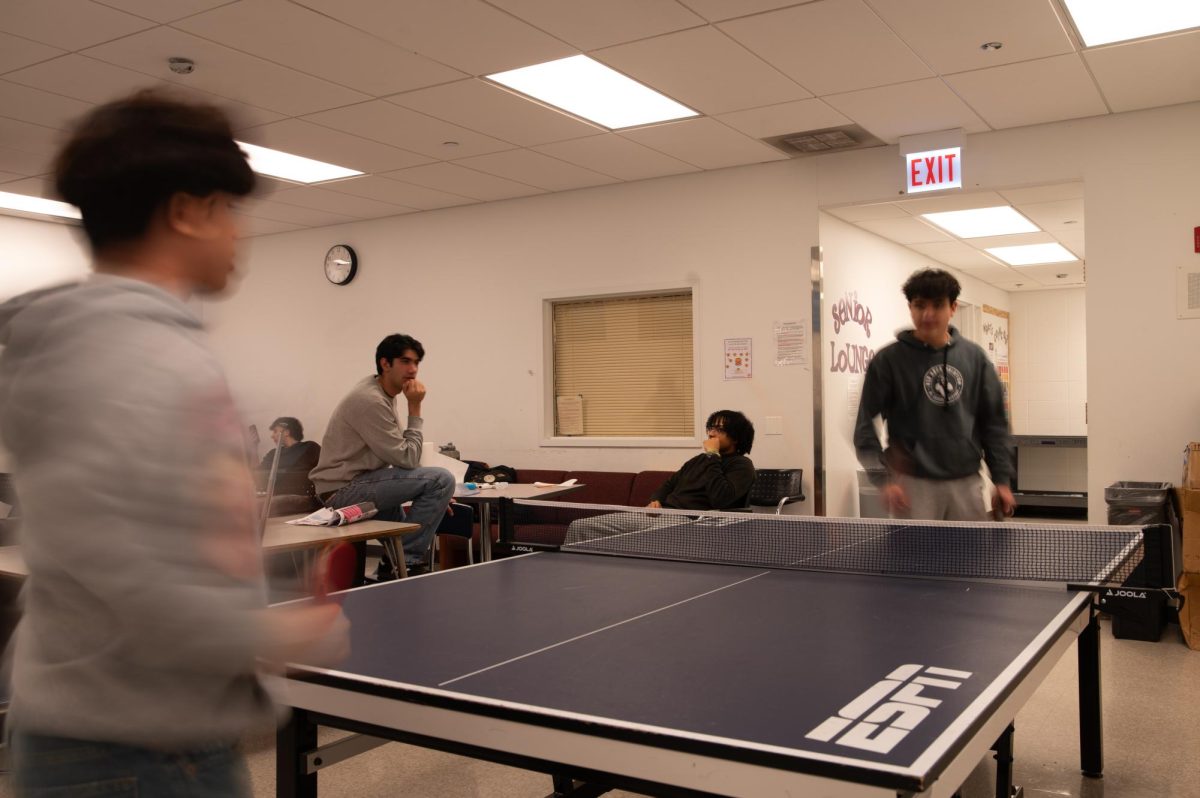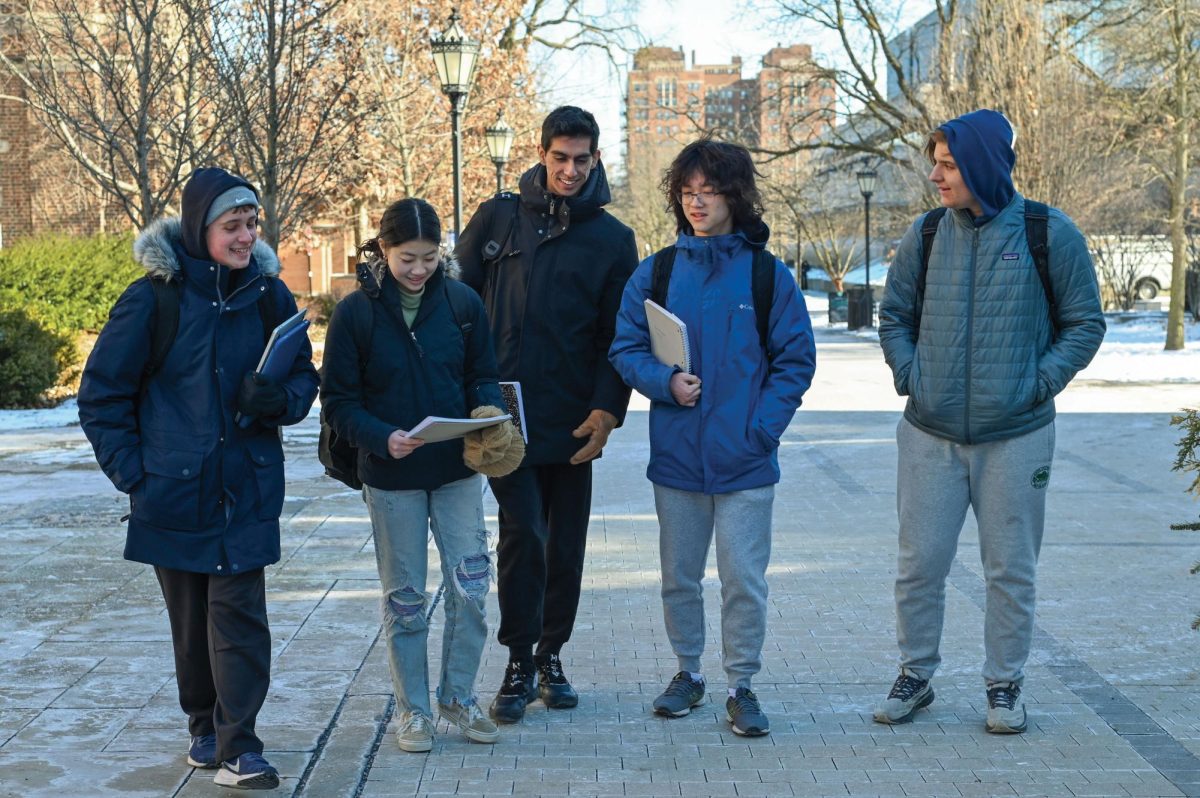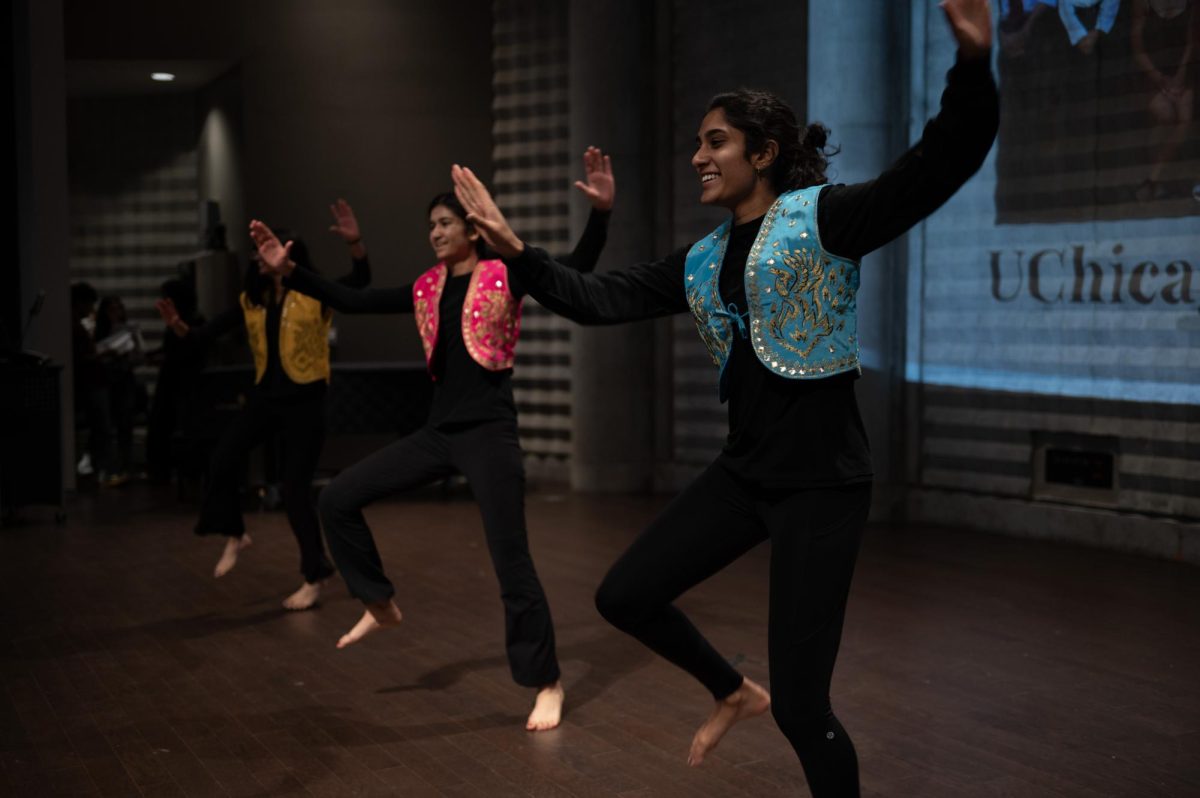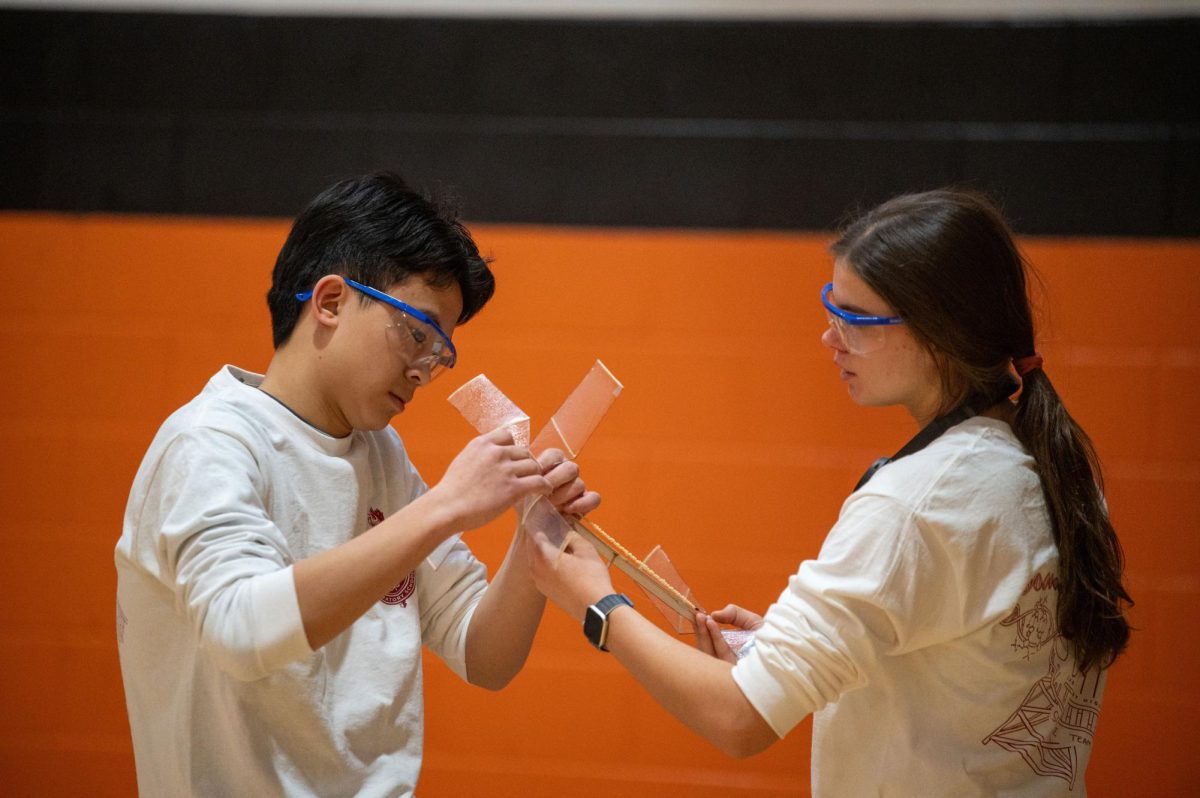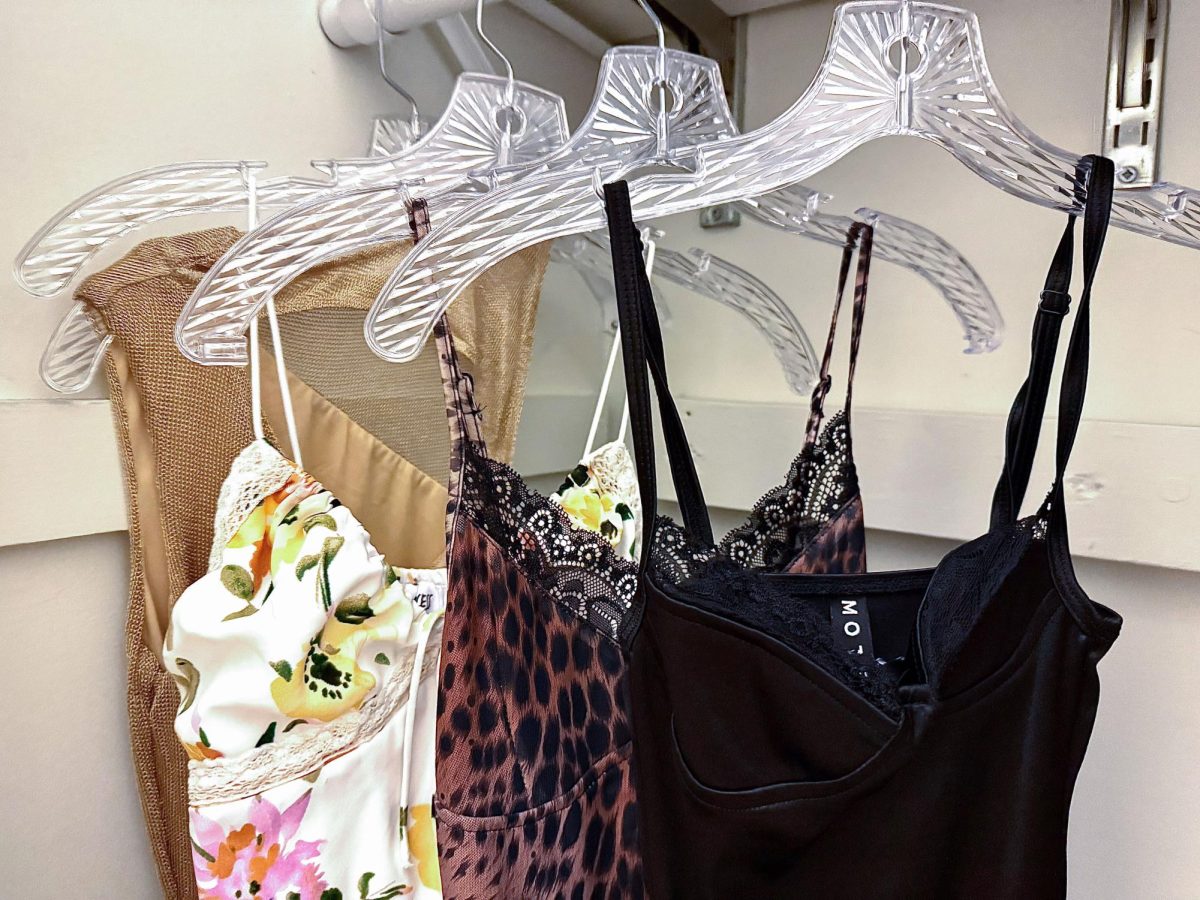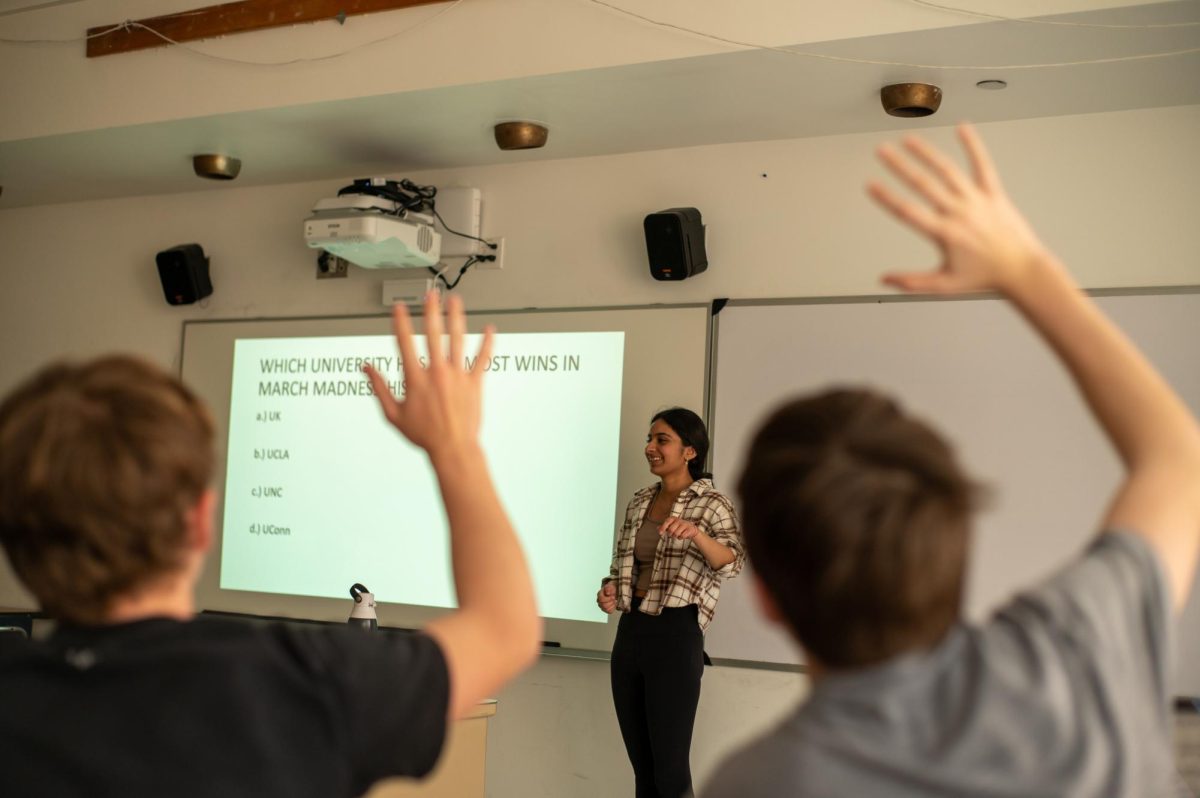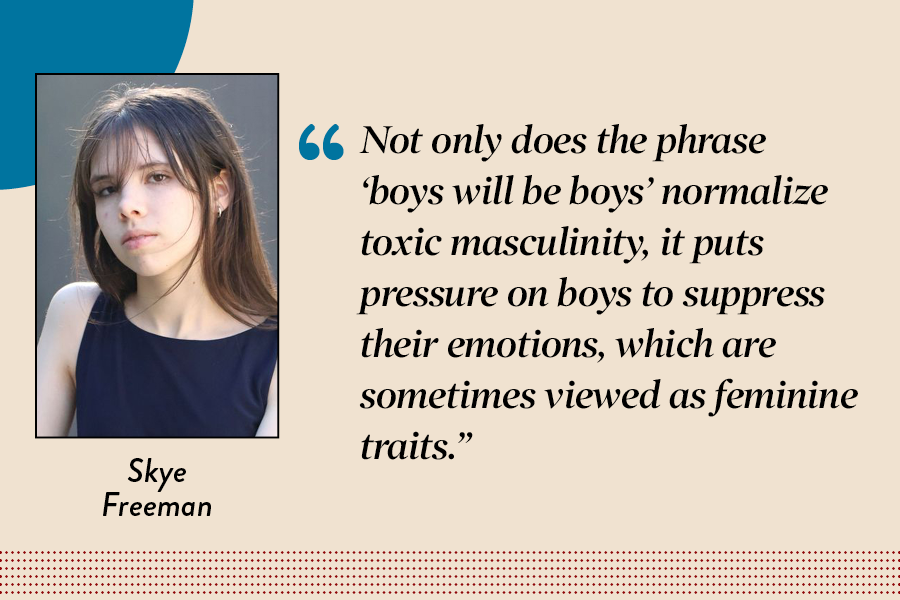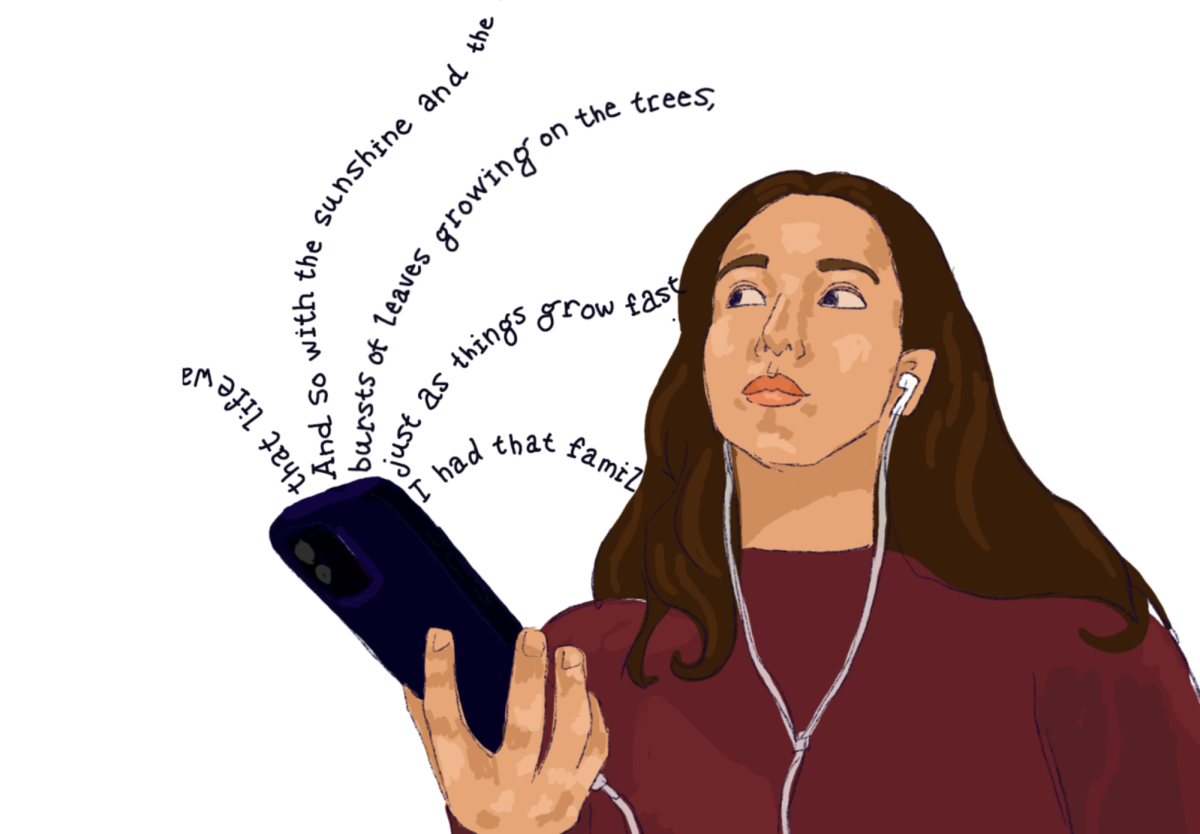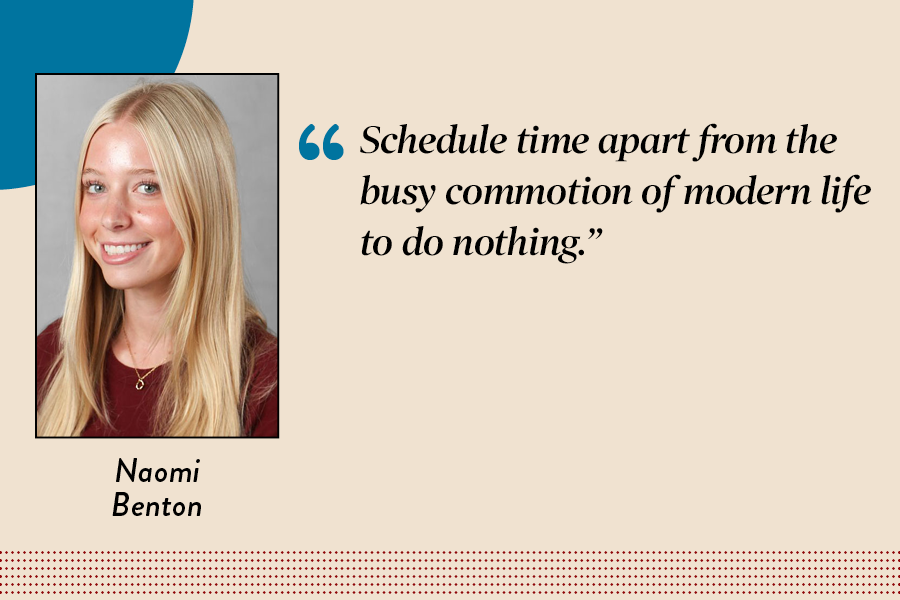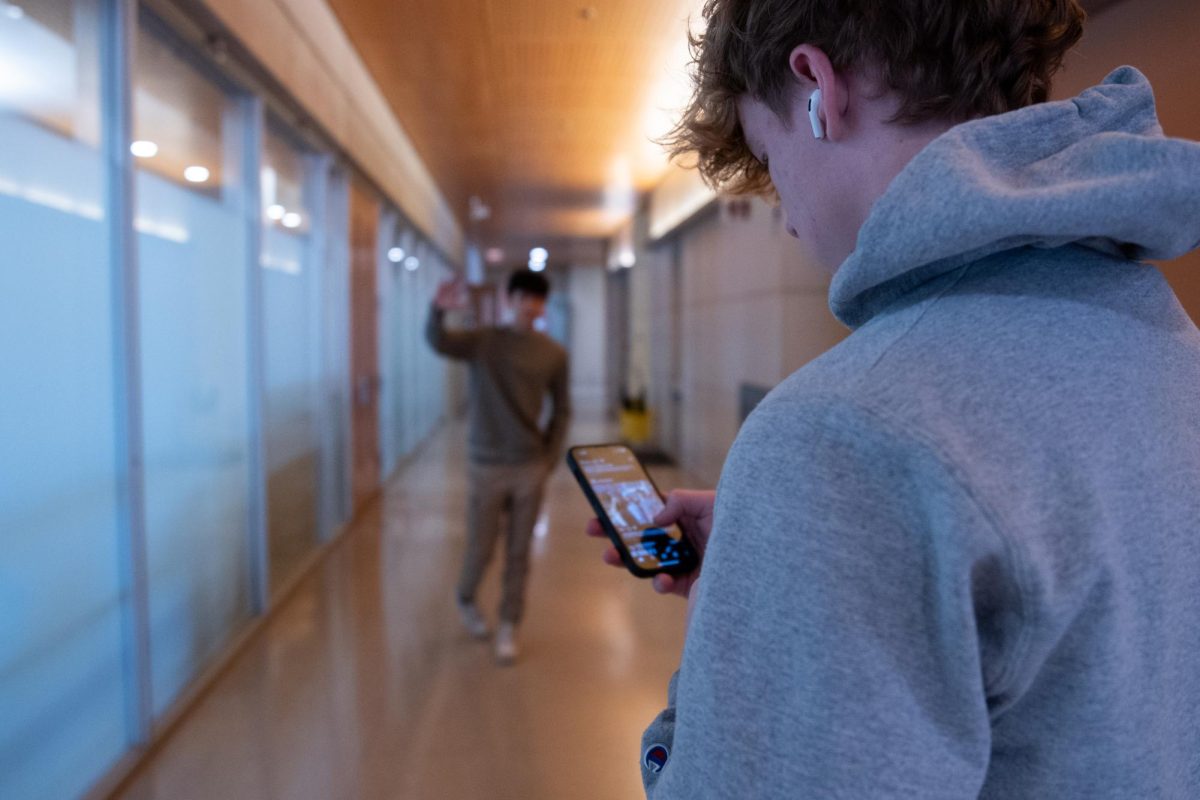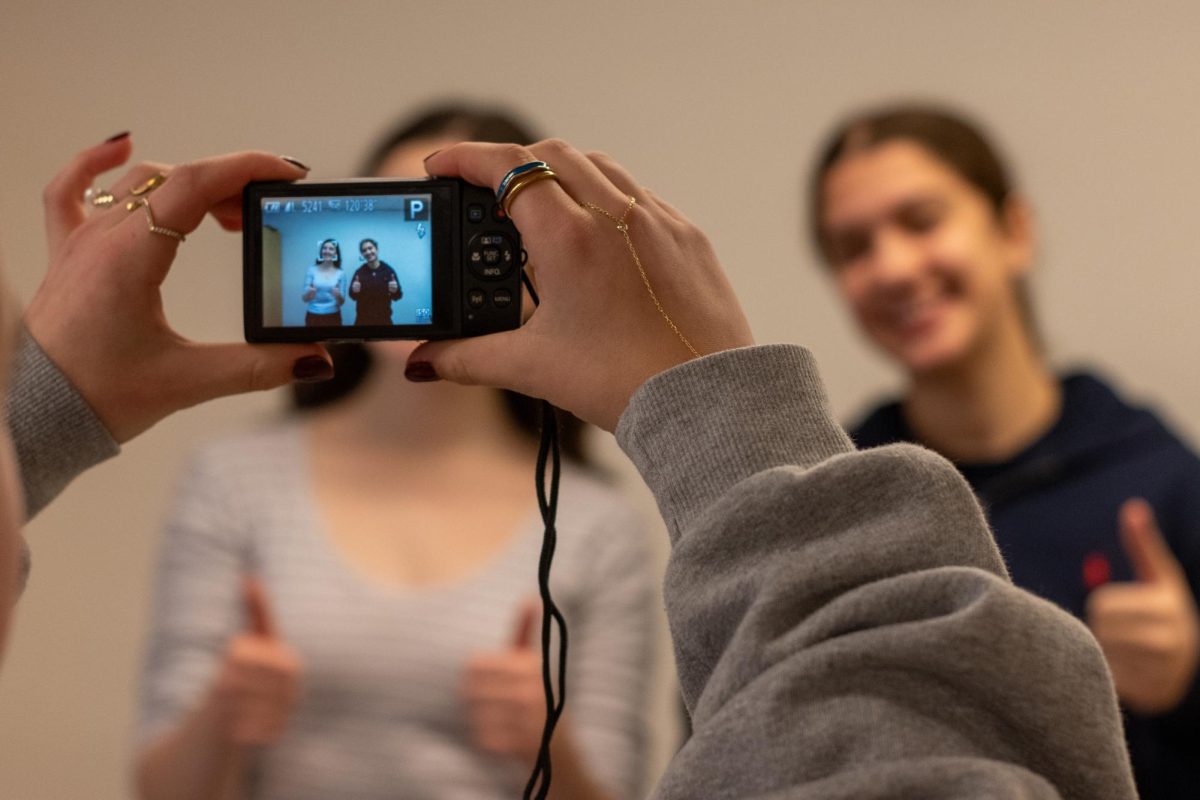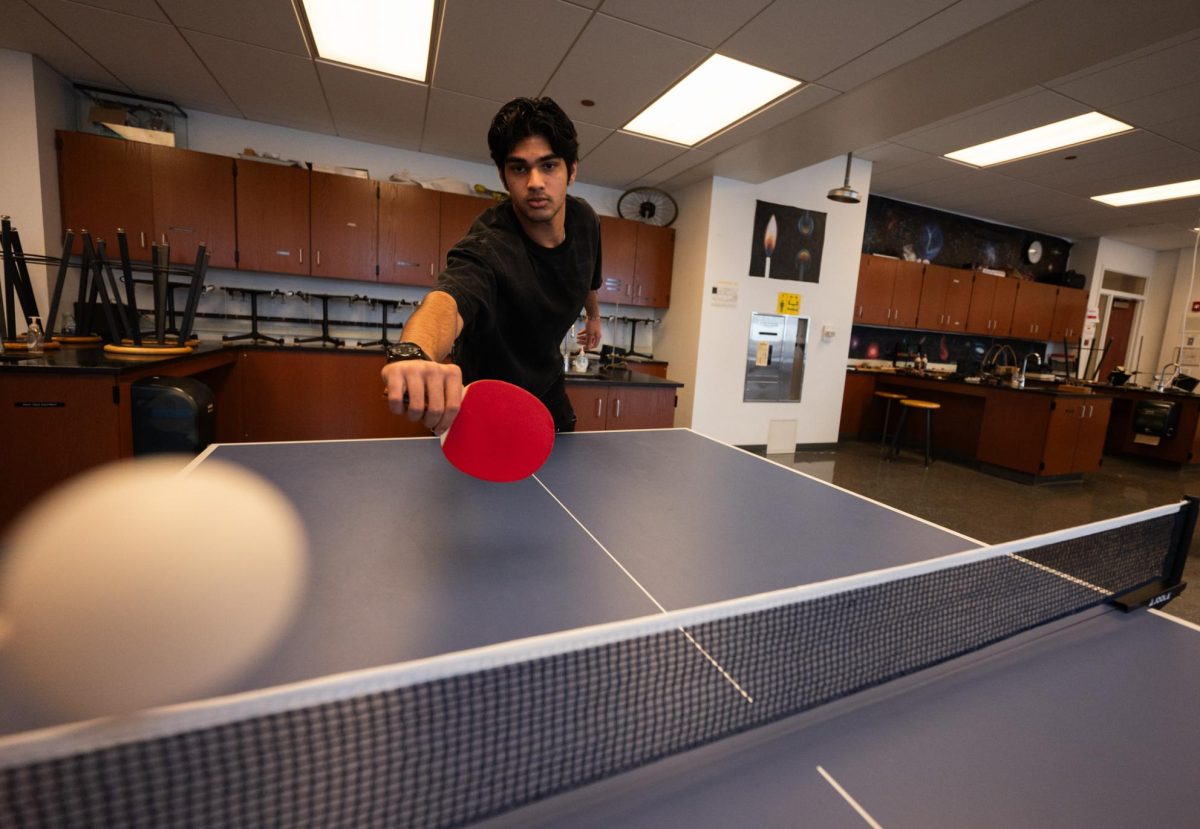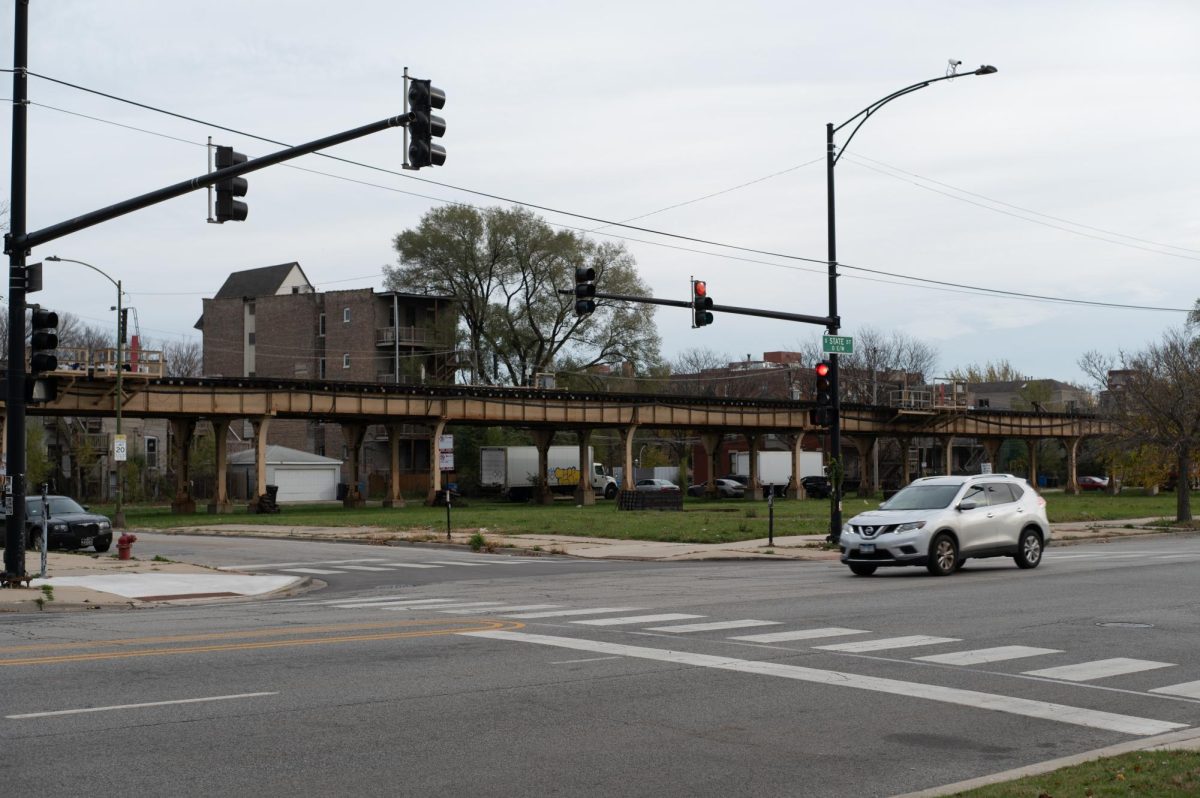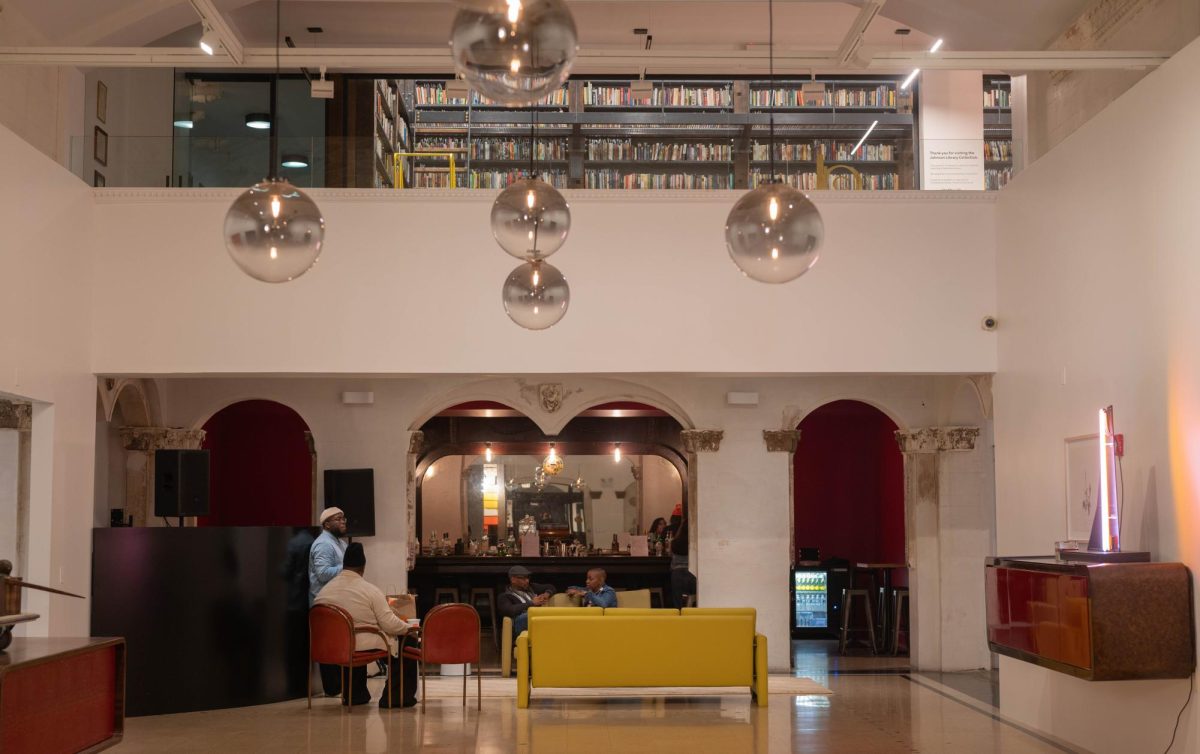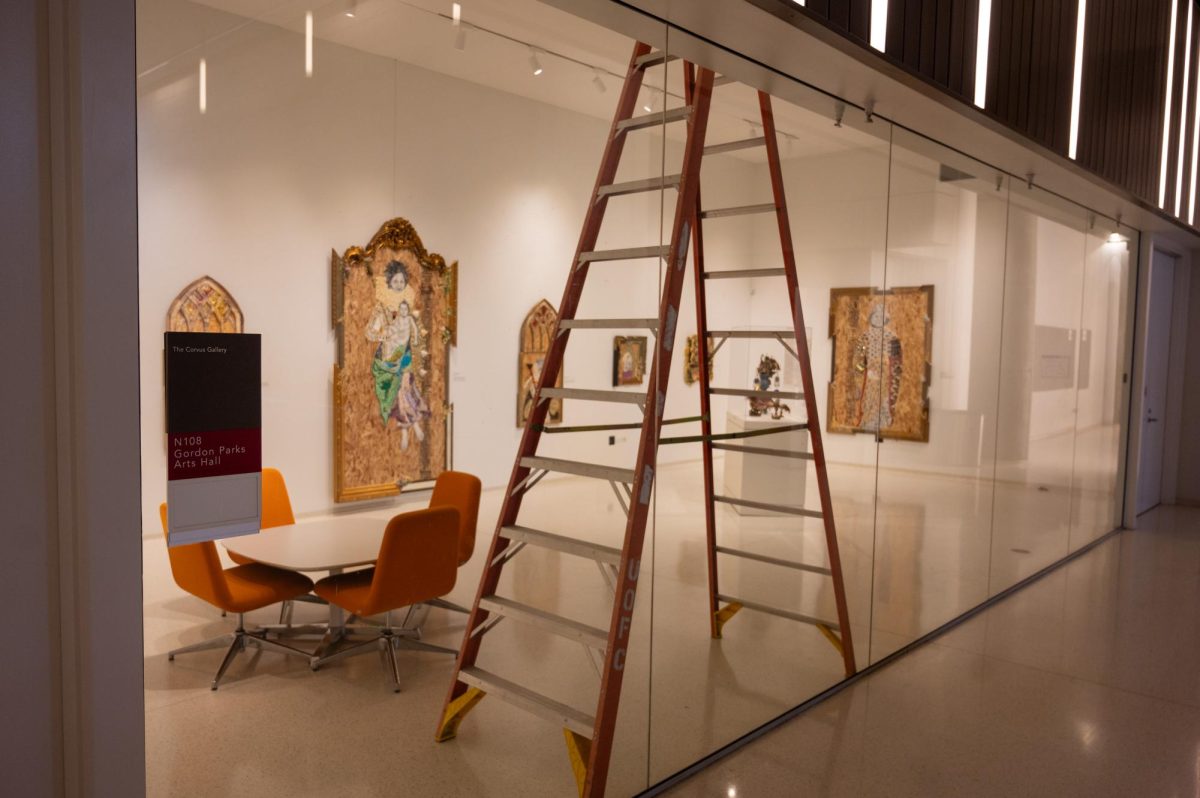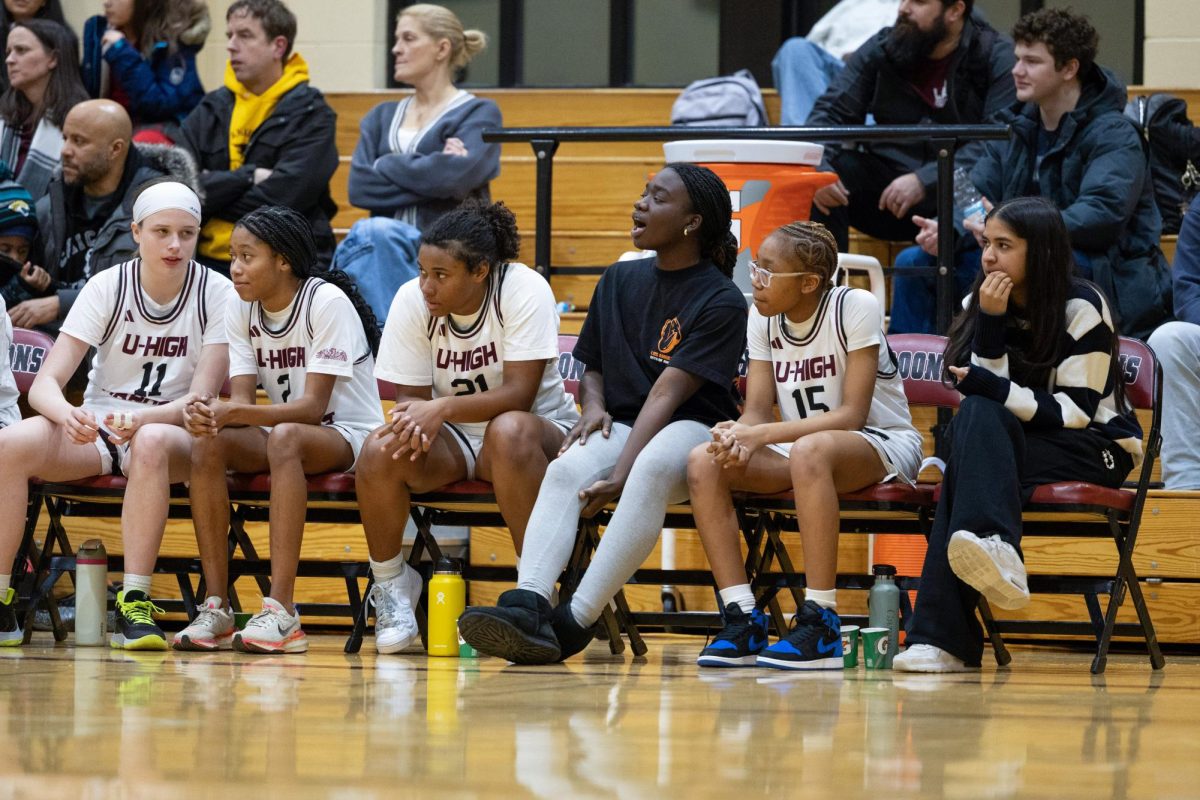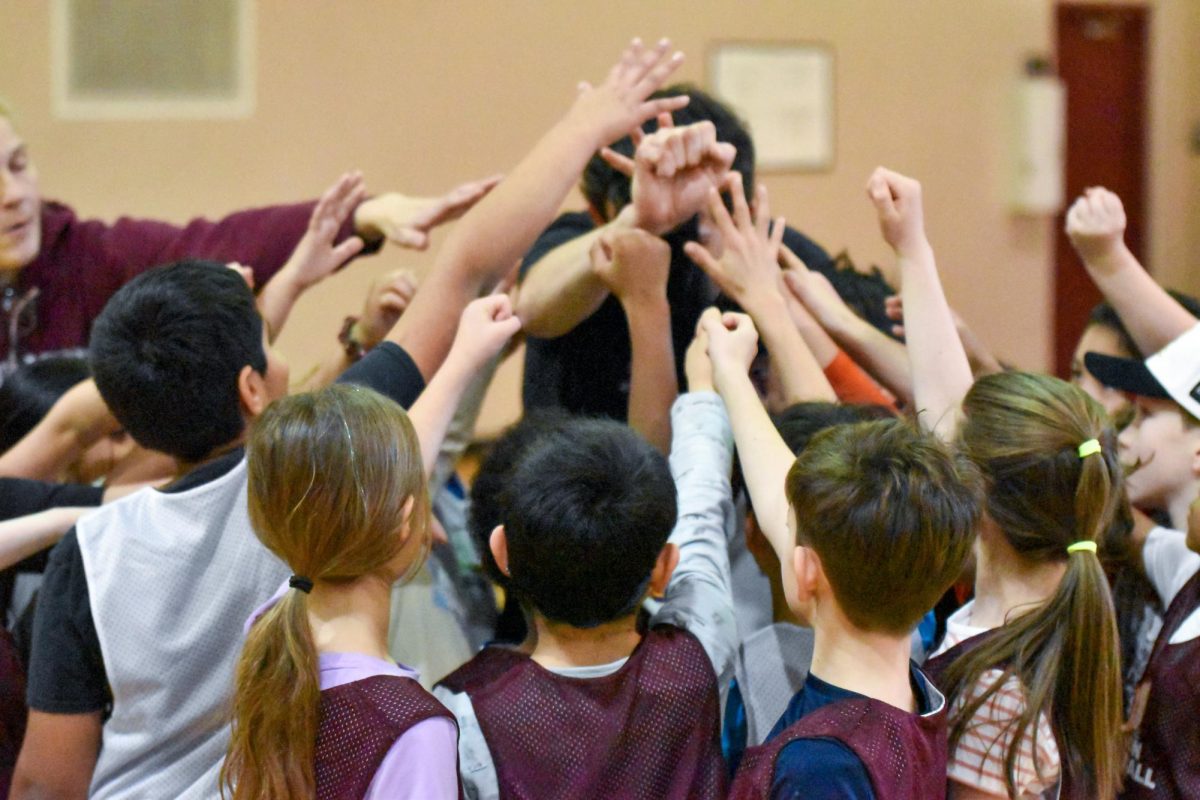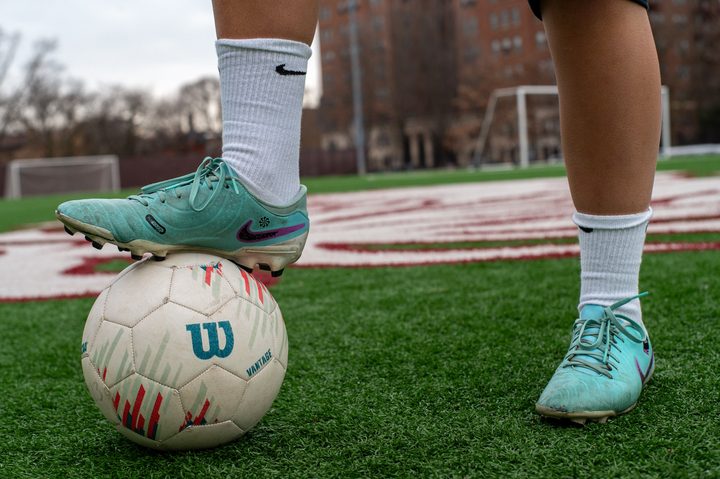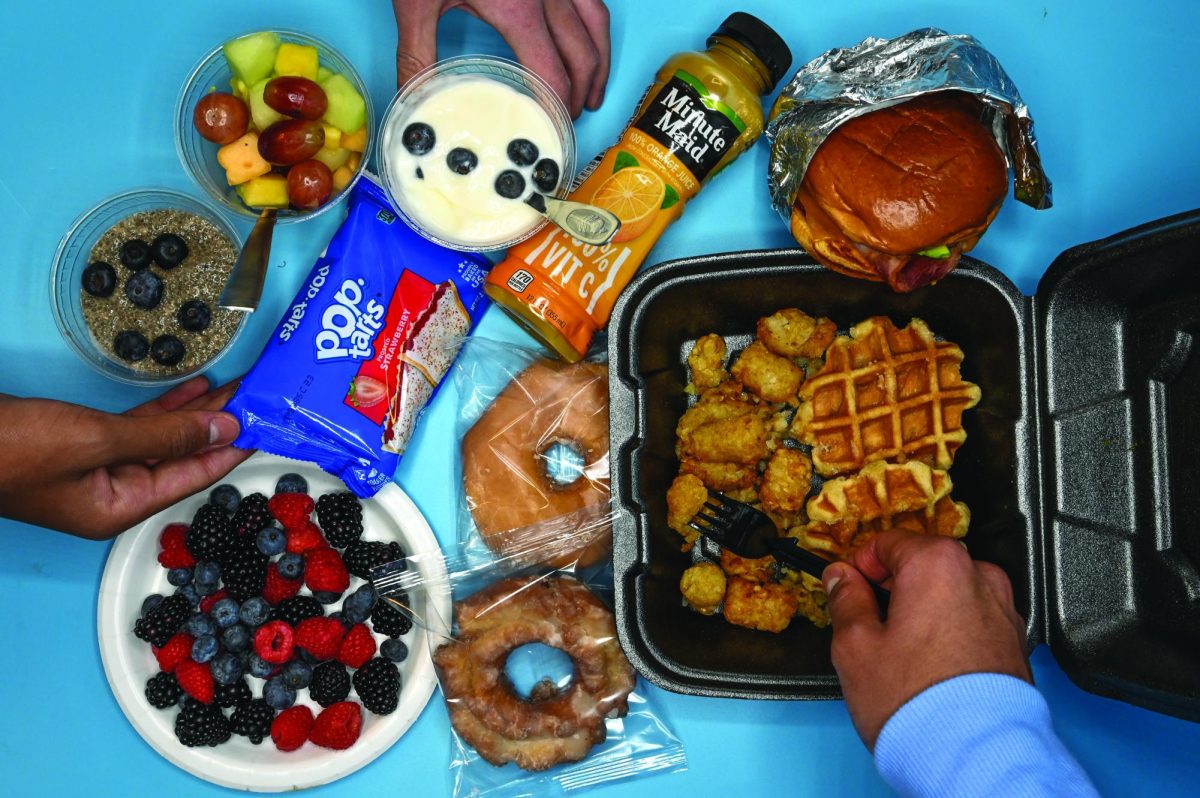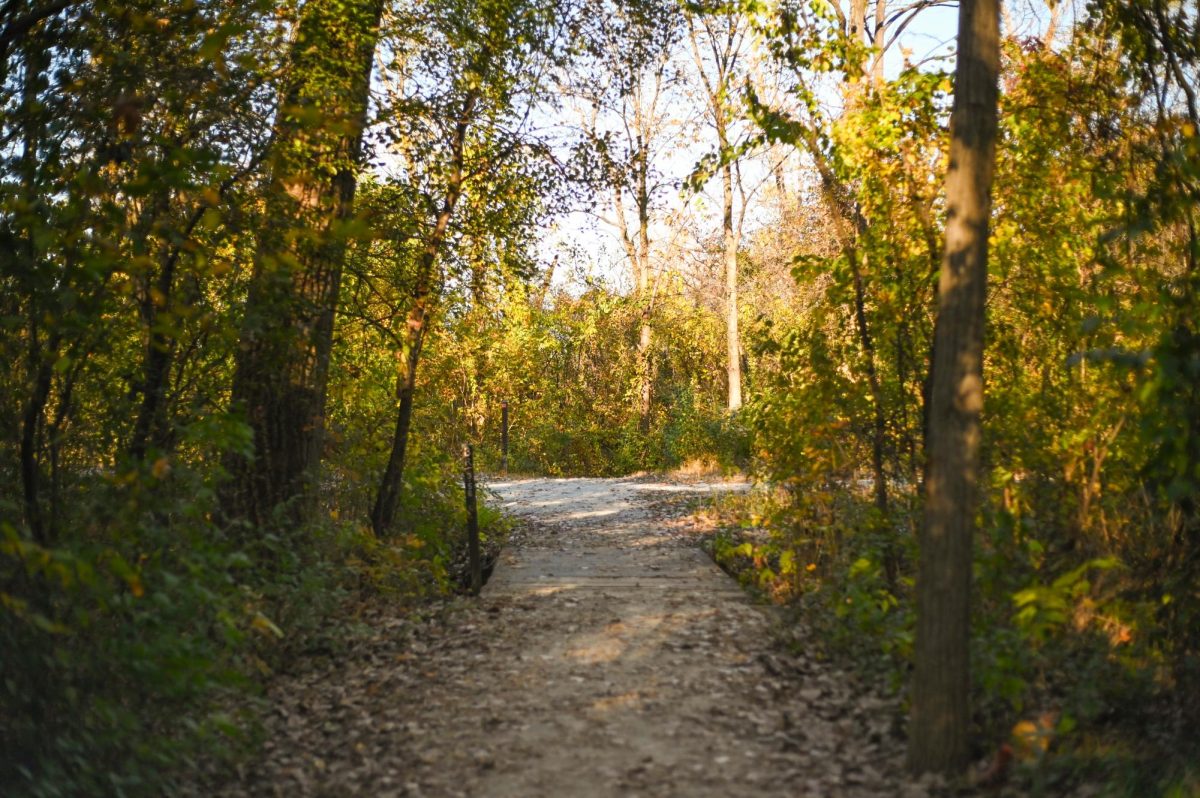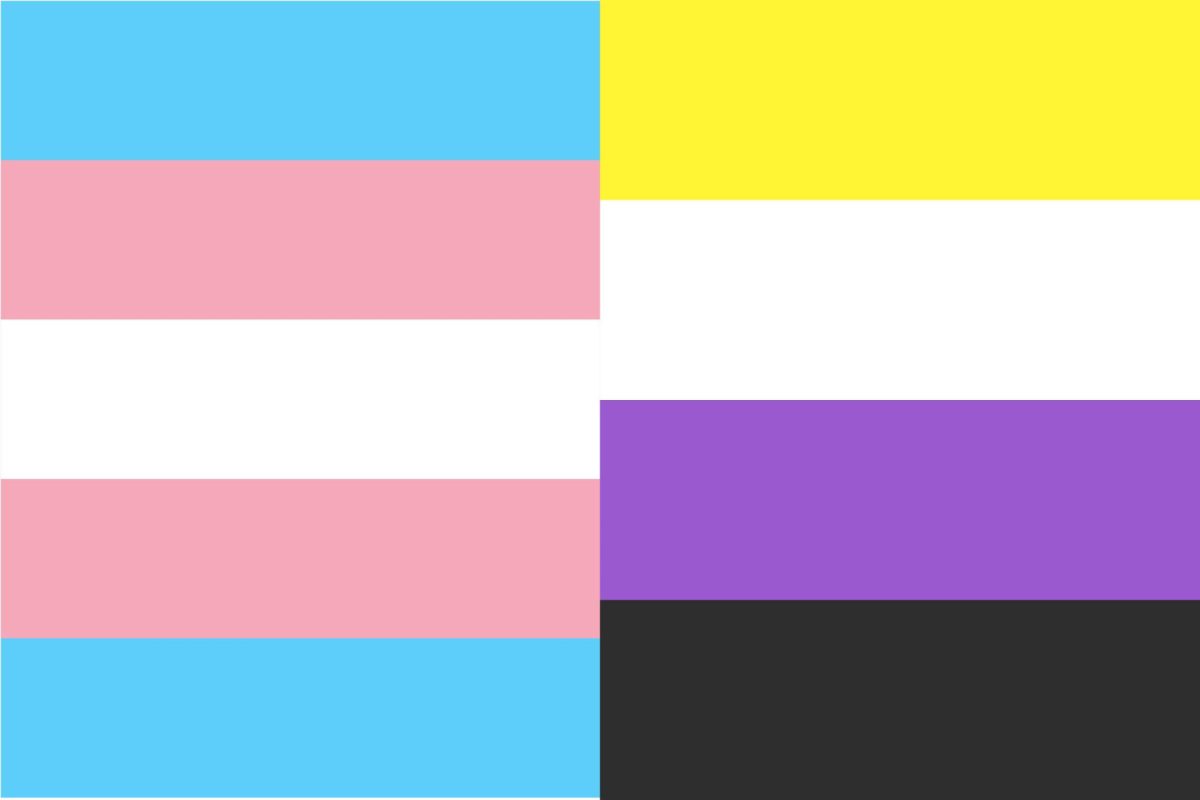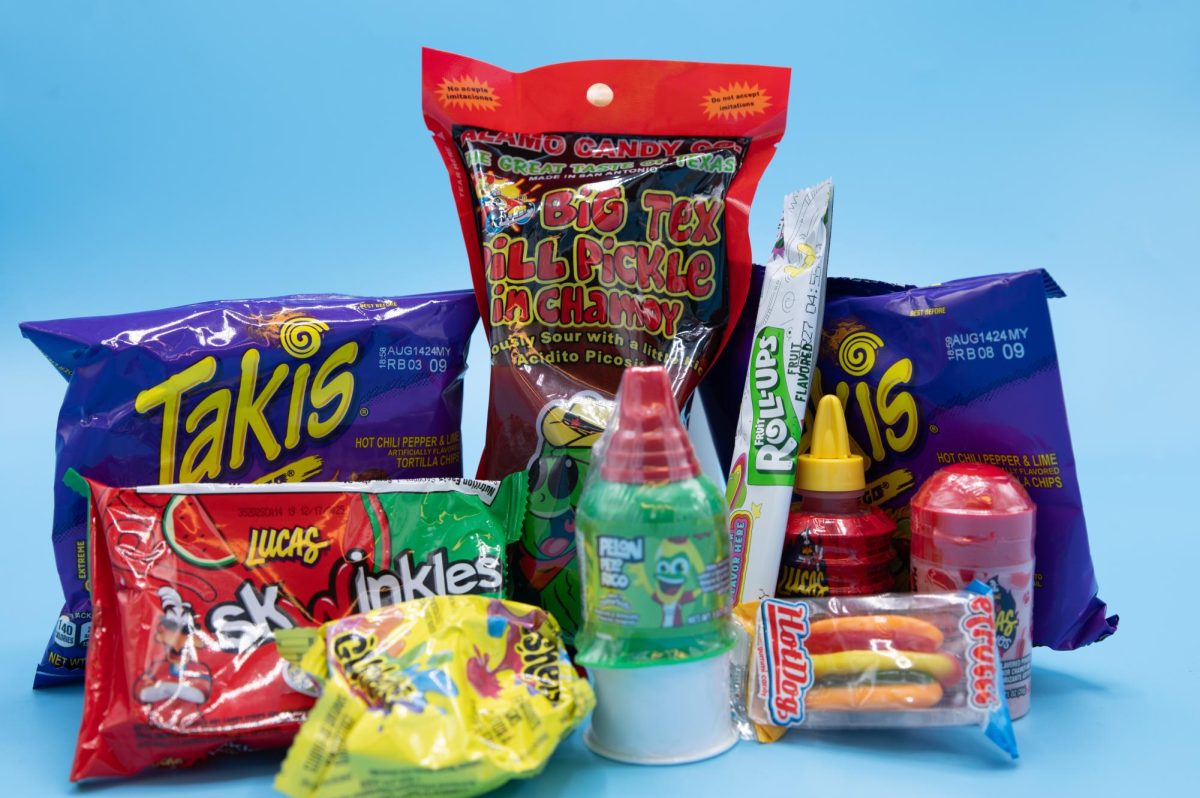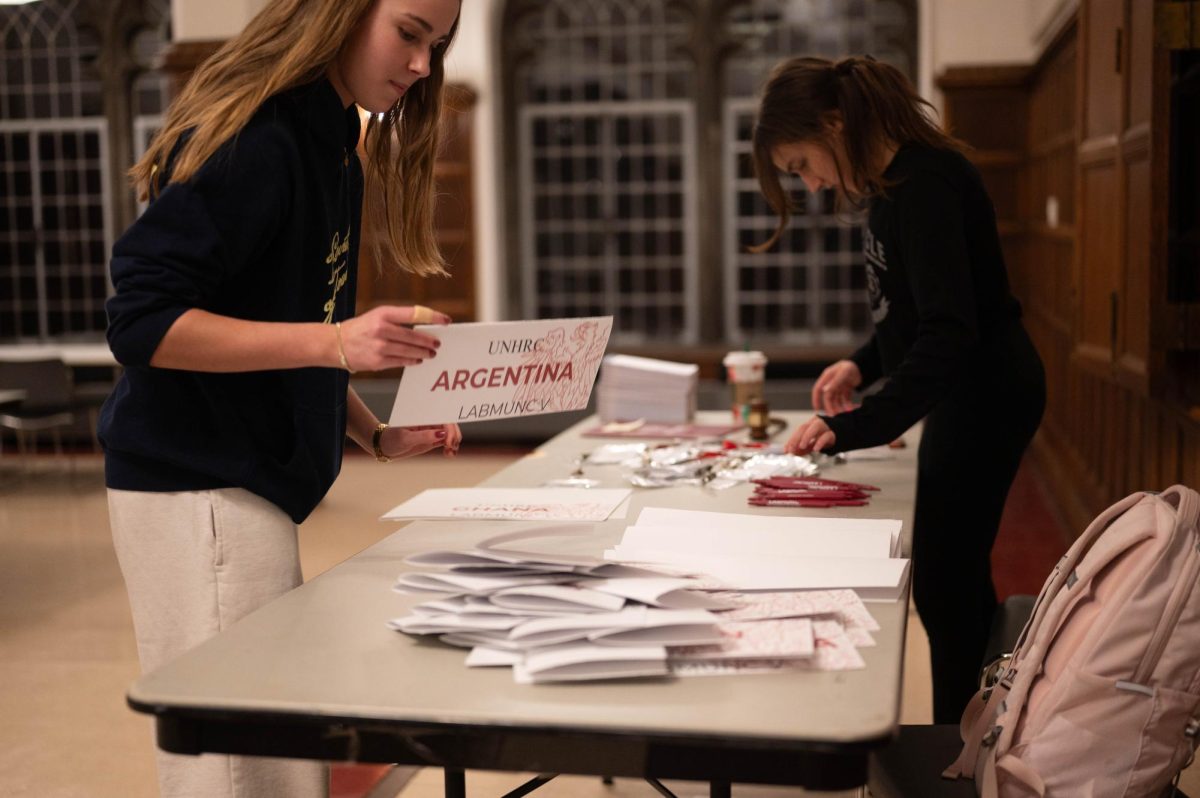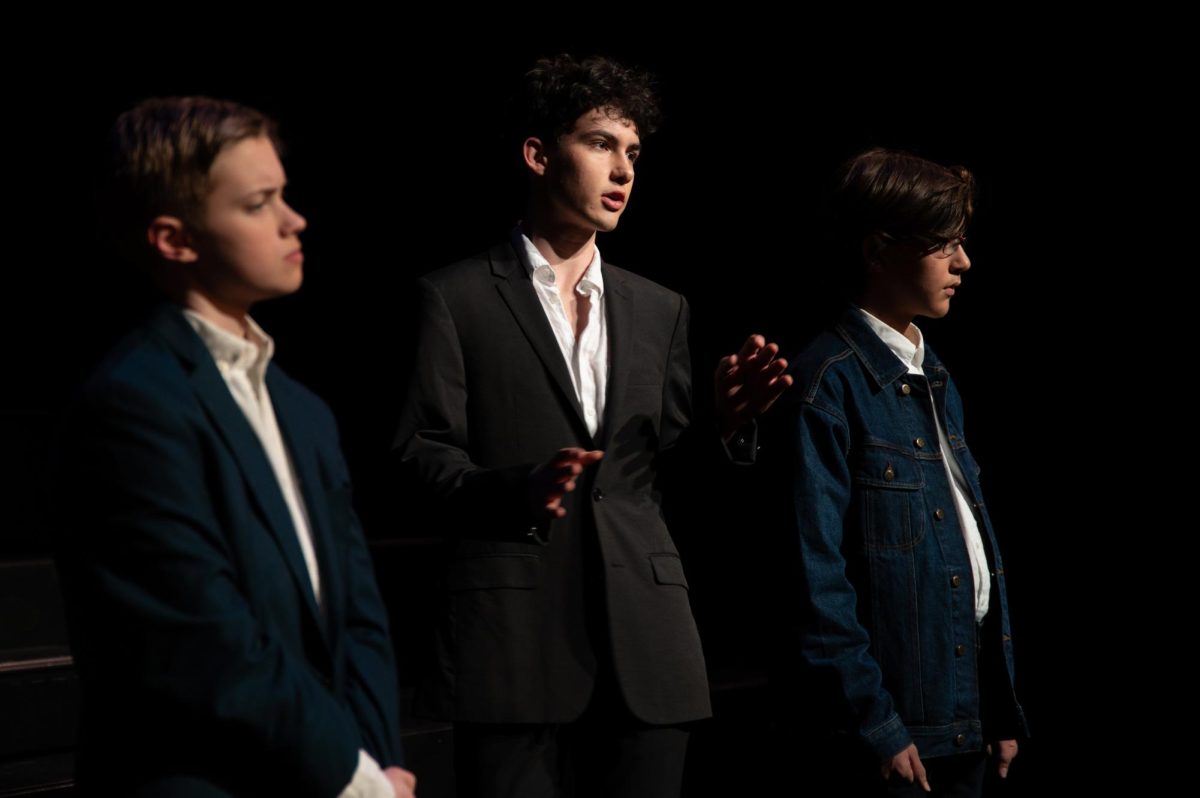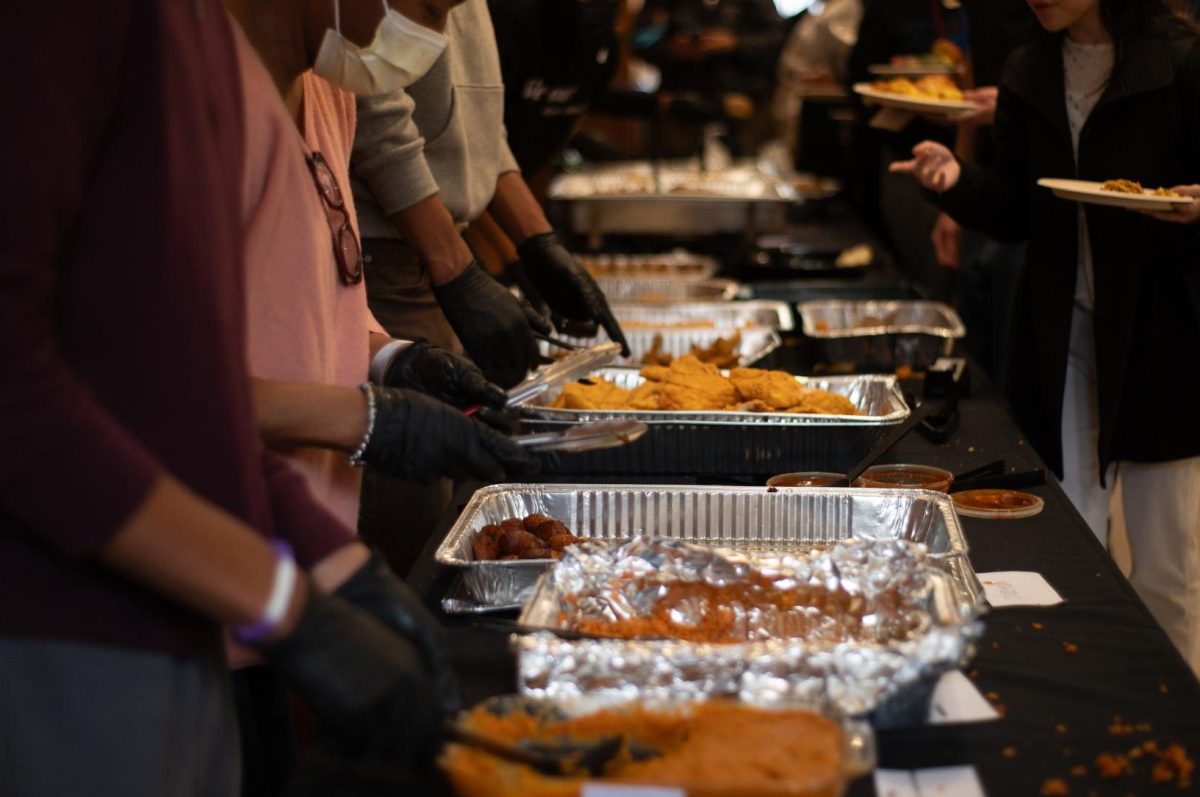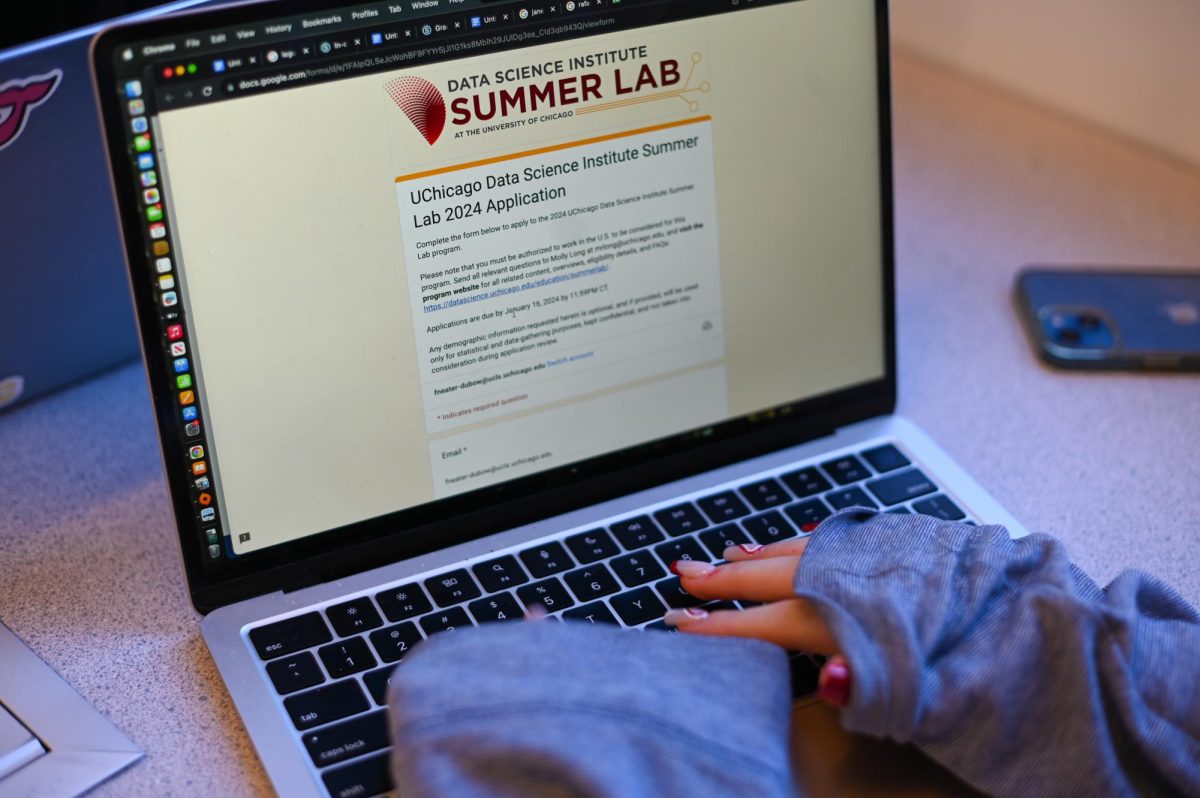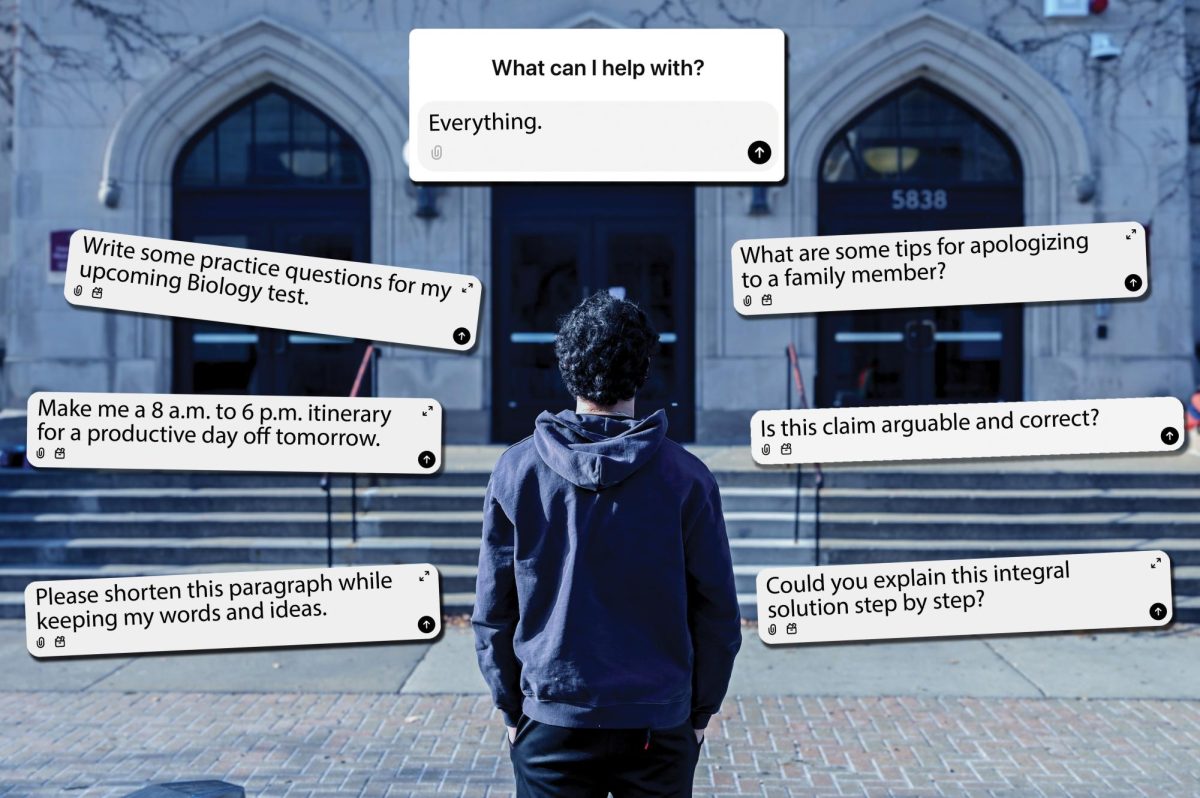Applications for Lab’s 2024 SummerLink programs are now open with deadlines early in the new year.
- The science application is open to rising seniors only, due Jan. 12. Roughly 25 spots are open.
- The computer science application is open to rising sophomores, juniors and seniors, with priority to juniors and seniors, due Jan. 16. Roughly 10 to 12 spots are open.
- The business, social studies and humanities application is open to rising juniors and seniors, due Feb. 5. Approximately 27 spots are available.
All programs provide paid internships, which pay at least Chicago minimum wage.
The science link internships will start in mid-June and continue for seven weeks, allowing students to work with a range of professors, specializing in anything from biology to chemistry. Students will work in labs, help with experiments, write research papers, and experience the amount of time and work that goes into a job in the science field.
The computer science internships will start at the beginning of June and continue for a range of four to eight weeks, depending on the internship. Internship options include working at Jump Trading, an electronic stock trading company, at the University of Chicago’s Data Science Institute, or with a University of Chicago professor. Students will work with high school and college students from around the country in data analysis to do research and activities. An information session will be held in January.
The business, social studies and humanities link internships will start in mid-June, each internship lasting on average six to seven weeks. Students will engage in a range of activities including office tasks and research work for professors and companies. Some students will work with financial information and others will write. Program co-chairs Susan Augustine and Christy Gerst will host an information session in the library classroom at lunch on Jan. 8.
Ms. Augustine believes all Summer Link internships provide experience for students curious about the flow of a workplace.
“I think that they give students the chance to see what it’s like to work outside of school and to see what a work environment is like,” Ms. Augustine said. “I think that in school there are a lot of very specific instructions given to kids to guide them through their classrooms, yet things are a little more free-form in the work world.”

